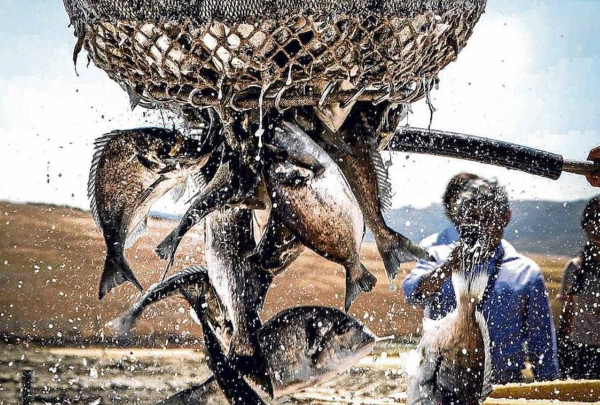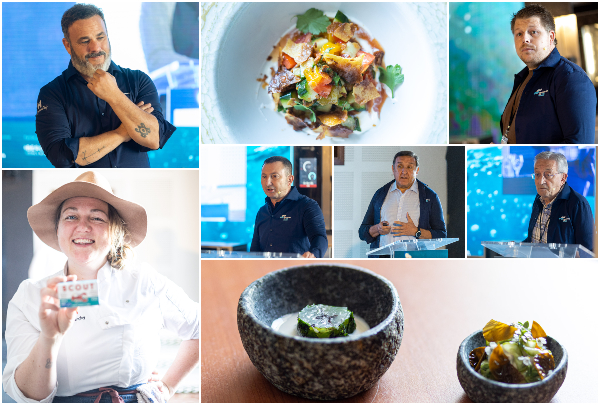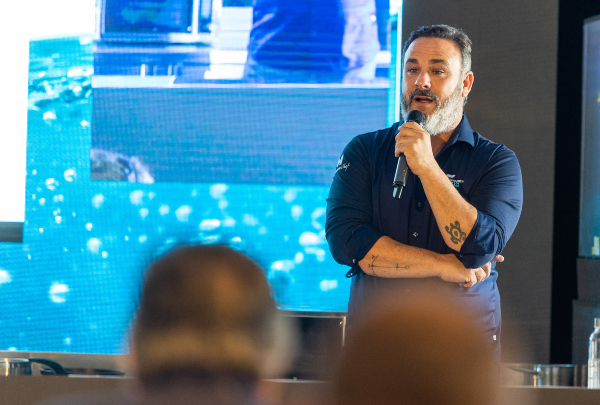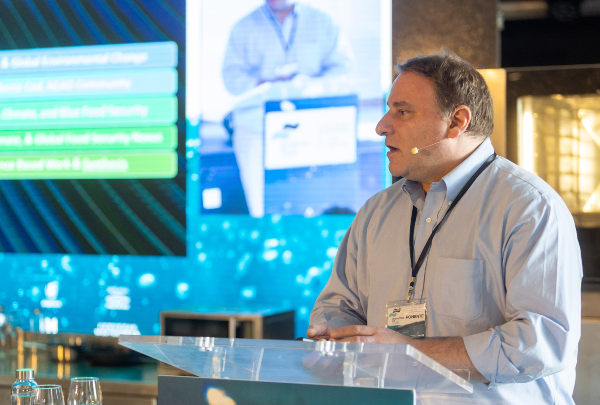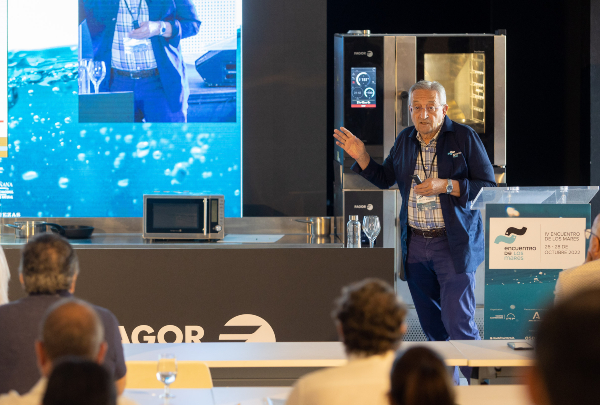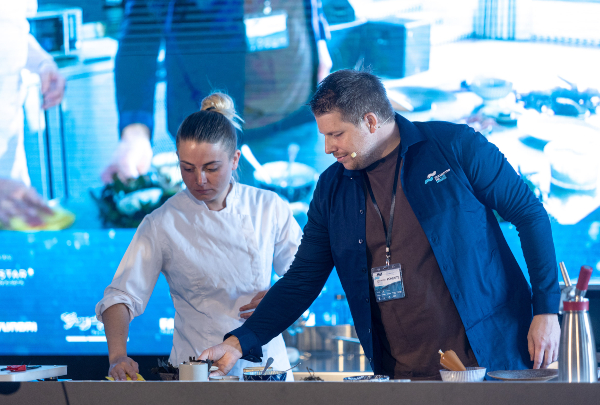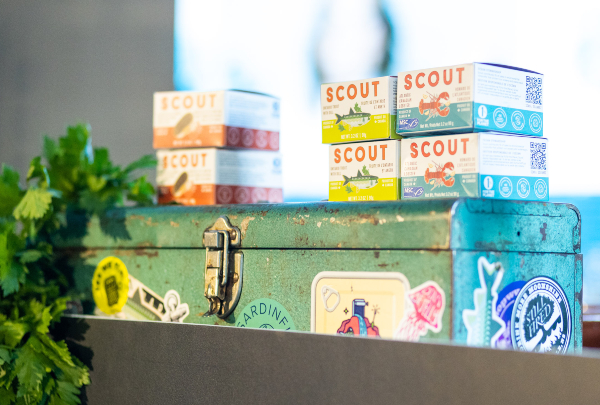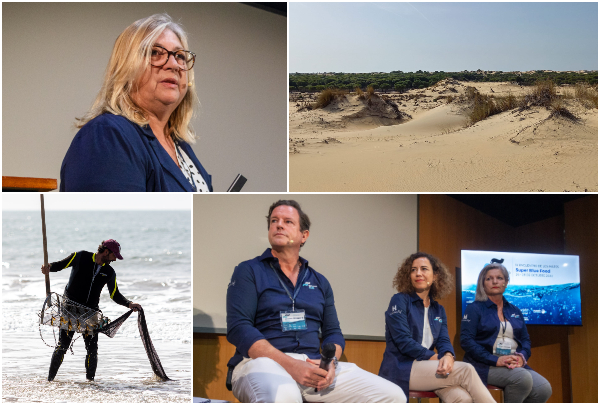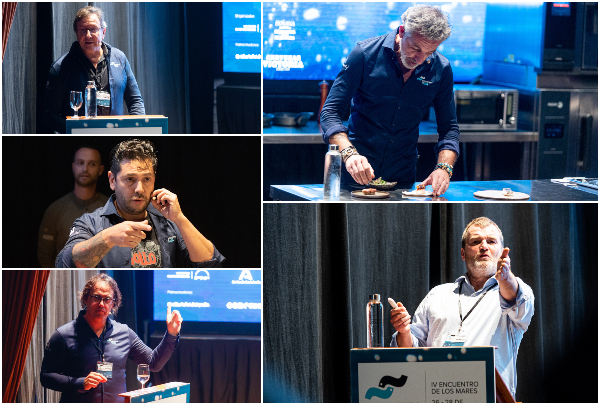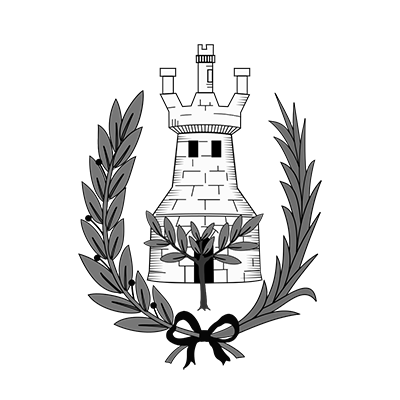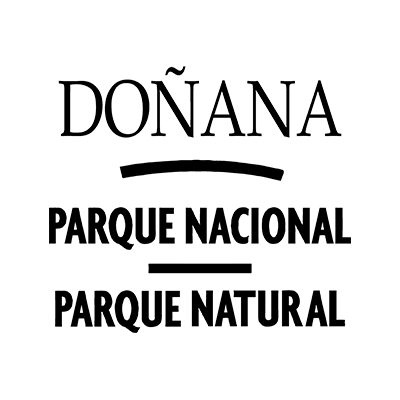News
Healthy, sustainable regenerative aquaculture as the path to the future
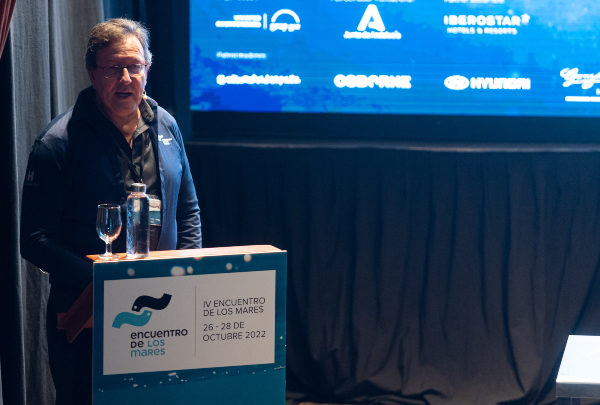
The scientific director of Meeting of the Seas, Carlos M. Duarte, focuses on the most sustainable super bluefoods such as mussels or sea urchins as a solution to worldwide hunger.
Setting out the current scenario (population growth, pandemic, wars, climate change etc.), scientist and marine biologist Carlos M. Duarte began his talk at Meeting of the Seas with a warning that "food security is at risk. One out of every ten people in the world is afflicted by hunger, and one out of every three has no access to proper food". He went on: "Between 2015 and 2021, the global population affected by malnutrition rose from 8% to almost 10% of the world's population, and in 2022 almost 3,100 million people were unable to meet the cost of a healthy diet".
And so superfoods, affordable foodstuffs with a high nutritional value and extremely beneficial to human and environmental health, "are the best solution". And among these Duarte singled out the "super blue foods", with "blue" not only understood as sea, but also as water, and so this also includes the foodstuffs produced by aquaculture. “These are a major source of essential micronutrients, and they play an important role in boosting our mental, coronary and immunity health. They also have a low incidence in terms of carbon, water, pesticides and herbicides, and their low prices mean everyone can afford them".
And so, he said, "blue foods are a major source of the global diet", although "the main problem is how to produce them without affecting their biodiversity. We have to do it in a sustainable fashion, by regenerating the oceans". “And aquaculture is a solution”. An aquaculture which globally began in the Norwegian fjords (with salmon) and the estuaries of Galicia (with mussels), aquaculture which "has solved the hunger problem for many millions of people".
The scientific director of Meeting of the Seas went into specifics to dwell on mussels and also sea urchins, anemones, sardines, abelones, oysters, macroalgae and sea pickles as the most sustainable marine blue foods, "which ought to be prioritised because they have low trophic levels. Mussel production is more sustainable than salmon or octopus production, and far ahead of tuna, and so all animals are required for growth. 1 kg of mussels needs 10 kg of plankton, whereas 1 kg of tuna needs 10,000 kg".
However, he added, "these super foods are now reduced to fish flour and oil as fodder for aquaculture animals and chickens", and so he expressed the desire that the new aquaculture to be introduced would be "free of wild population subsidies". It is absolutely necessary to close the production cycle at farms. It has to be healthy (with no subsidies for land-based foodstuffs, in pollution-free waters), sustainable (focusing on low trophic levels) and regenerative (providing habitats for biodiversity, sequestering carbon and improving water quality)".
The biologist finished up with the comment that super bluefoods are also "a new way forward, evolution of the thousands of species we do not yet eat such as detritivores, herbivores, fungi, bacteria or microalgae; after the fashion of Ángel León with his sea rice (presented at last year's congress)". For this to come about, however, he called for a co-creation process among scientists, chefs, industry and communicators. Together we will help the oceans recover by 2050”.
